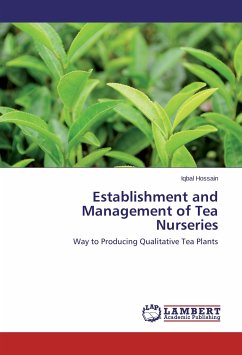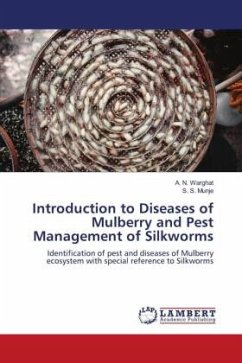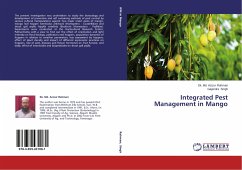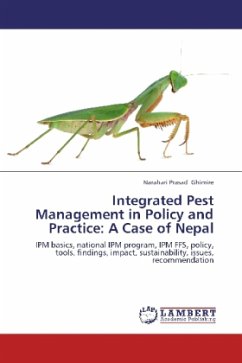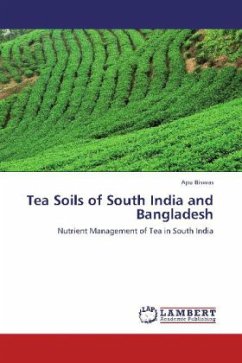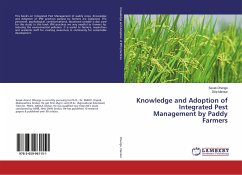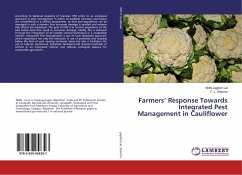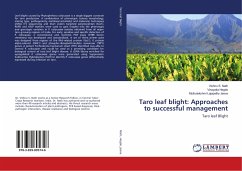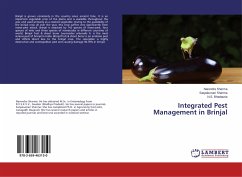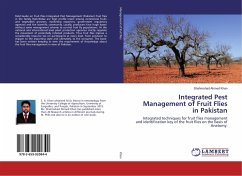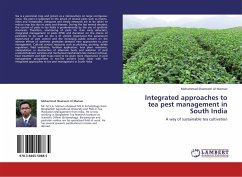
Integrated approaches to tea pest management in South India
A way of sustainable tea cultivation
Versandkostenfrei!
Versandfertig in 6-10 Tagen
32,99 €
inkl. MwSt.

PAYBACK Punkte
16 °P sammeln!
Tea is a perennial crop and grown as a monoculture on large contiguous areas. Tea plant is subjected to the attack of several pests such as insects, mites and nematodes. Adequate and timely measures are to be taken to reduce crop loss due to pests and diseases. During the last several decades, the control of pests in tea fields is predominantly by the use of synthetic chemicals. Therefore, monitoring of pests for their early detection, integrated management of pests (IPM) and discretion on the choice of pesticides to be used on tea is of utmost importance.The paramount importance of pest contr...
Tea is a perennial crop and grown as a monoculture on large contiguous areas. Tea plant is subjected to the attack of several pests such as insects, mites and nematodes. Adequate and timely measures are to be taken to reduce crop loss due to pests and diseases. During the last several decades, the control of pests in tea fields is predominantly by the use of synthetic chemicals. Therefore, monitoring of pests for their early detection, integrated management of pests (IPM) and discretion on the choice of pesticides to be used on tea is of utmost importance.The paramount importance of pest control and the increasing public concern on the adverse effects of synthetic pesticides demand new approaches to pest management. Cultural control measures such as plucking, pruning, shade regulation, field sanitation, fertilizer application, host plant resistance, manipulation or destruction of alternate hosts and selection of pest resistant/tolerant varieties and mechanical mechanisms like manual removal, heat treatment and light traps need to be given more importance in pest management programme in tea.The present book deals with the integrated approaches to tea pest management in South India.



